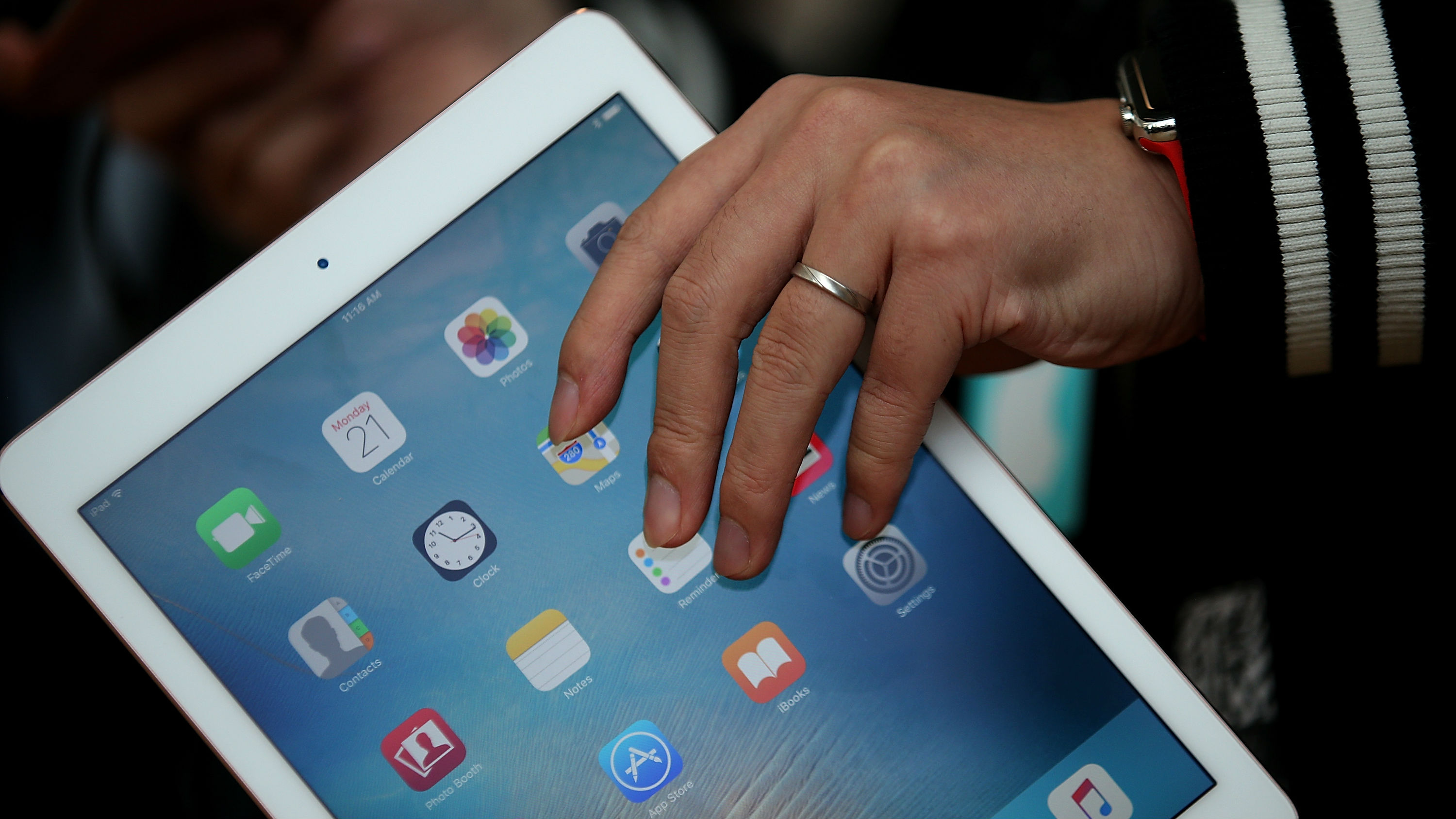North Korea builds its own tablet called 'iPad'
Myohyang IT's tablet 'appears to be in breach' of Apple's iPad trademark, say reports

A free daily email with the biggest news stories of the day – and the best features from TheWeek.com
You are now subscribed
Your newsletter sign-up was successful
North Korean tech firm Myohyang IT has created a portable tablet computer similar to the Apple iPad, reports Gizmodo.
An advert for the tablet, called the Ryonghung iPad, posted on the site says it's powered by a 1.2GHz quad-core processor with 1GB of RAM. It also comes with 8GB of storage and can be connected to a TV through HDMI.
It's significantly underpowered compared to Apple's most recent iPad, which the London Evening Standard says is fitted with 1.85GHz chips and 4GB of RAM. The official iPad also offers triple the internal storage as standard compared with Myohyang IT's version.
The Week
Escape your echo chamber. Get the facts behind the news, plus analysis from multiple perspectives.

Sign up for The Week's Free Newsletters
From our morning news briefing to a weekly Good News Newsletter, get the best of The Week delivered directly to your inbox.
From our morning news briefing to a weekly Good News Newsletter, get the best of The Week delivered directly to your inbox.
"The tablet appears to be in breach of Apple's copyright", says the newspaper, as "iPad" is a registered trademark with the Cupertino-based company.
But analysts told the paper that Apple is "unlikely to pursue action" as the Ryonghung iPad "poses little threat to the real thing's market domination".
It's not the first time a North Korean tech company has imitated one of Apple's computers.
In 2015, a company released a desktop computer that "looked really similar to an Apple iMac", says Mashable. That same year, a North Korean firm launched a copy of Apple's MacOS system called "Red Star 3.0".
A free daily email with the biggest news stories of the day – and the best features from TheWeek.com
There's no word on which operating system the Ryonghung iPad will run, but the website says it could be powered by "a heavily-neutered form of Android."
Myohyang IT's tablet is not expected to be released outside North Korea.